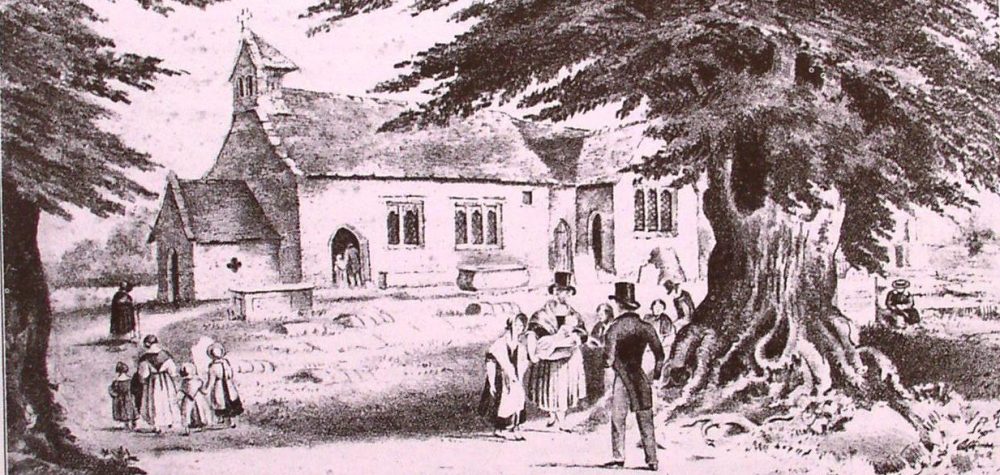Indenture dated 1st December 1740
Between the Right Honourable William, Lord Abergavenny and Walter Evans of Goytree, mason.
Messuage, garden and three acres of land containing four acres lying in Goytree aforesaid late in lease to Jane Pritchard and joining to the west the lease lands of John Watkins on all other parts to the waste and highway leading from Usk to Abergavenny.
Also all that scite of a house late in lease to William Jenkins Jones containing three acres adjoining to the lands of Moses Lowman, gentleman.
All for the lives of Walter Evans, his heirs and assigns, Elizabeth his wife aged twenty five years, and Margaret Hugh, his wife’s sister aged twenty two years.
